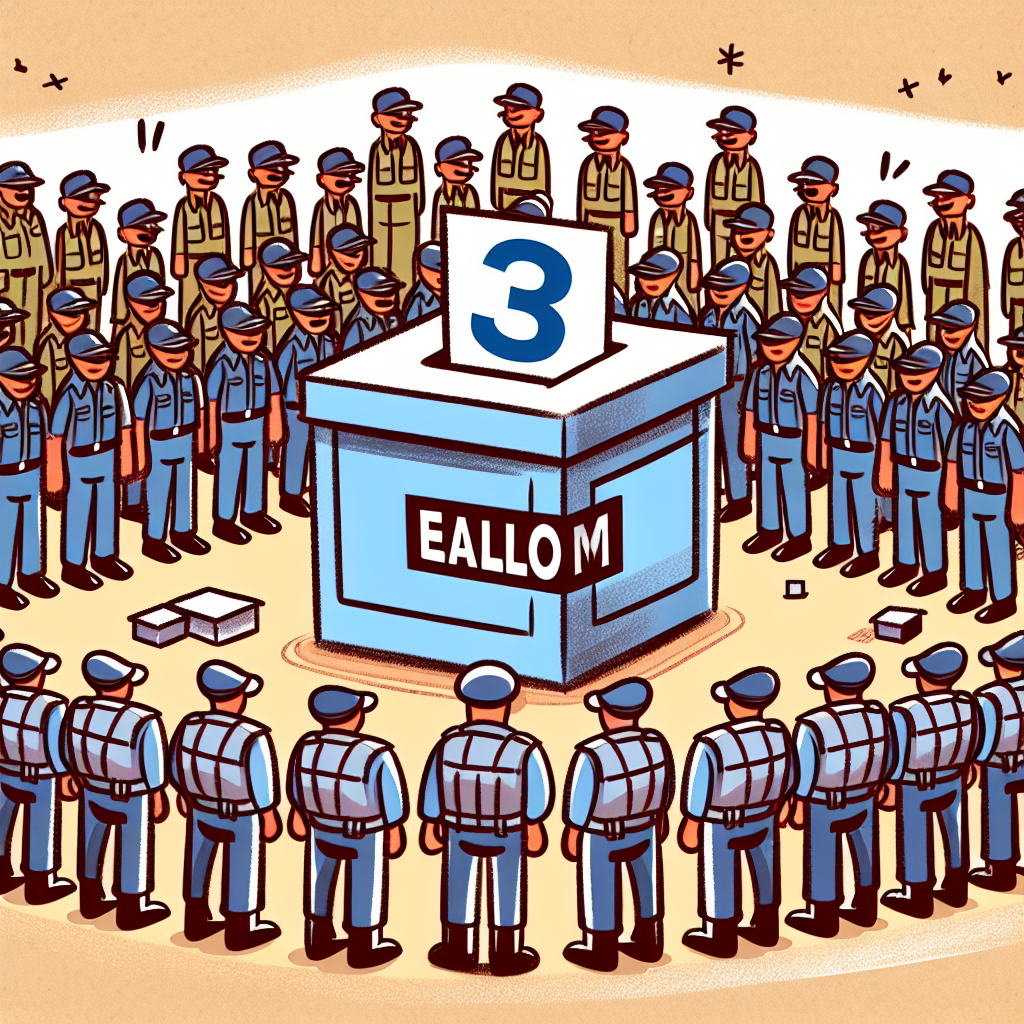Uruguay's Elections: A Quietly Stable Democratic Process
Uruguay's voters participated in presidential elections featuring two moderate candidates, aligned against regional trends of division. With compulsory voting, turnout was over 88%. The election underscored Uruguay's democratic stability, with few drastic policy changes expected. A referendum on social security reform attracted significant media attention.

- Country:
- Uruguay
In a regional climate marked by volatility, Uruguay's presidential elections stood out for their display of democratic stability and voter engagement. On Sunday, citizens of this small South American nation cast ballots in a contest featuring moderates from both the conservative coalition and the center-left alliance.
The elections saw a staggering 88% voter turnout, driven by the country's compulsory voting laws. Besides the presidential race, voters also decided on parliamentary seats and a controversial social security referendum, overshadowing other key issues like education and child poverty.
With candidates Álvaro Delgado from the governing party and Yamandú Orsi from the opposition leading, results were expected swiftly. The election reinforced Uruguay's reputation for political stability, even as its neighbors face challenging political landscapes.
(With inputs from agencies.)
ALSO READ
It is important for Maharashtra to defeat Mahayuti govt and support MVA for stability and good governance: Cong chief Kharge in Mumbai.
Thane's Elderly and Disabled Embrace Home Voting
Home Voting: A Boon for Elderly and Disabled Voters in Jharkhand
Mozambique’s Unexpected Exchange Rate Stability: A Look into Policy and Market Dynamics
China Boosts Financial Stability with New Monetary Moves









